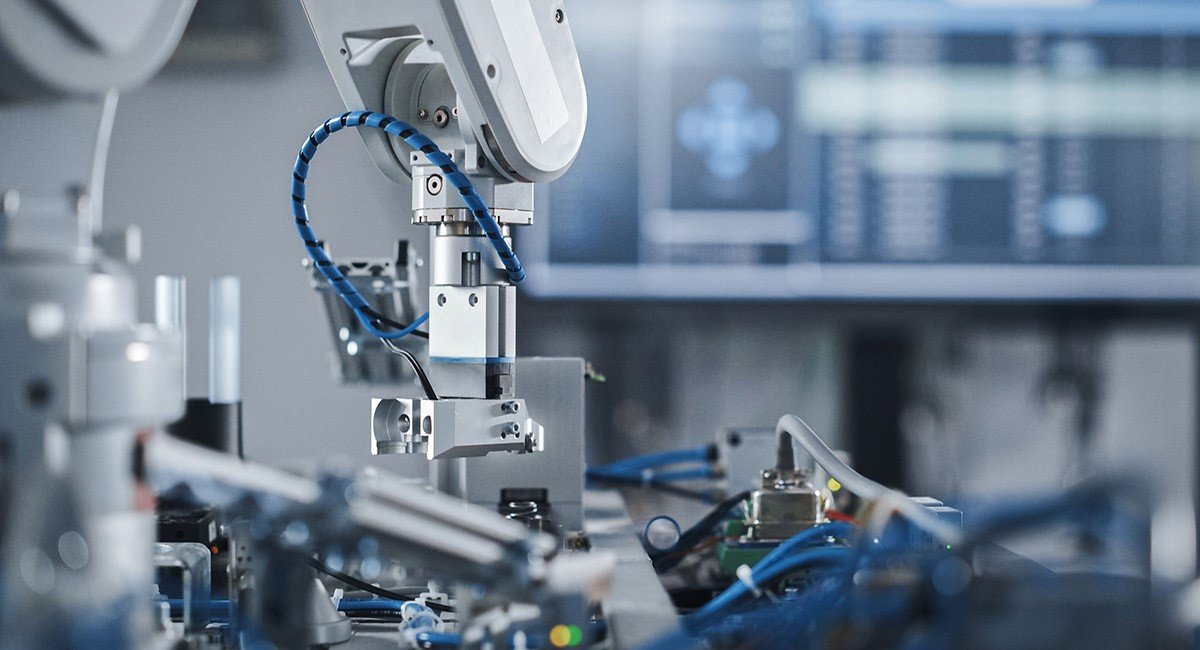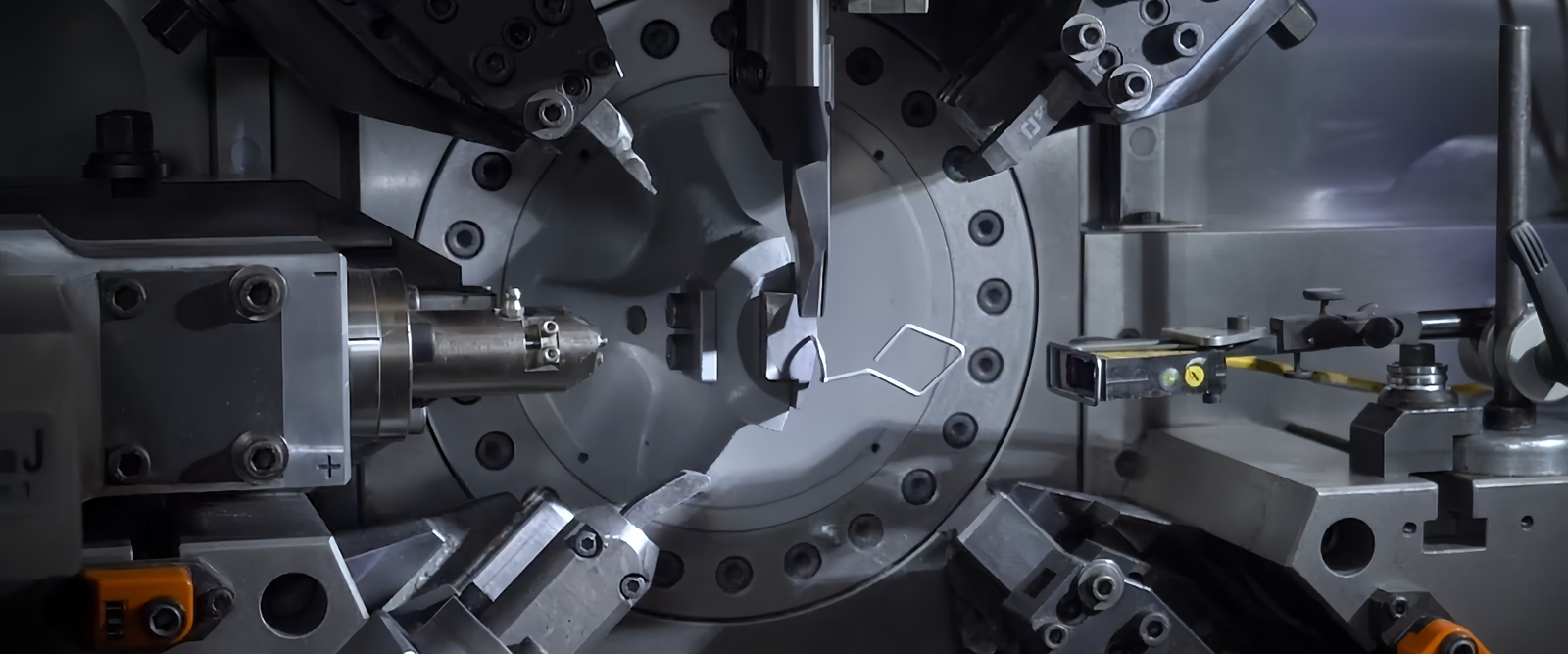In today’s fast-paced industrial world, precision components are the backbone of modern manufacturing processes. These components are crucial to the success of industrial automation solutions, providing the accuracy and reliability needed to keep production lines running smoothly. Understanding the role of precision engineering in industrial automation can help companies optimize operations and maintain a competitive advantage.
Precision components are specially designed parts that meet exact specifications and tolerances. They are crafted using advanced manufacturing techniques to ensure high levels of accuracy. These components can include gears, bearings, sensors, and actuators, all of which play critical roles in automated systems.
Importance of Precision Engineering
Precision engineering is the discipline of designing and manufacturing components with extremely tight tolerances and intricate details. This level of precision is crucial because even a minor deviation can lead to significant performance issues in automated systems. Precision engineering ensures that each component functions seamlessly with others, enhancing the overall efficiency and reliability of industrial processes.
The Role of Precision Components in Industrial Automation
Industrial automation involves the use of technology to control and monitor production processes. Precision components are fundamental to this, as they enable the precise control and movement required in automated systems.
Enhancing Efficiency and Accuracy
Automation systems rely on precision components to enhance efficiency and accuracy. For example, precision gears ensure that mechanical systems operate smoothly, reducing the risk of breakdowns and maintenance costs. Similarly, precision sensors provide accurate data that is essential for monitoring and controlling automated processes.
Reducing Downtime and Maintenance
One of the significant advantages of using precision components is the reduction in downtime and maintenance needs. High-quality components are less prone to wear and tear, which means they last longer and require fewer repairs. This reliability is crucial for maintaining continuous production and minimizing disruptions.
Improving Product Quality
Precision components contribute to improved product quality by ensuring that manufacturing processes are consistent and repeatable. When components are manufactured to exact specifications, they produce products that meet the same high standards every time, which is vital for maintaining quality assurance and customer satisfaction.
Key Precision Components in Industrial Automation
Gears and Gearboxes
Gears and gearboxes are essential for transmitting power and controlling speed in automated systems. Precision-engineered gears ensure smooth and efficient operation, reducing friction and wear. They are crucial in applications requiring precise speed and torque control.
Bearings
Bearings are used to reduce friction between moving parts, facilitating smooth motion. Precision bearings are designed to handle high loads and speeds, making them ideal for use in industrial automation. Their reliability and durability help extend the lifespan of machinery and reduce maintenance needs.
Sensors
Sensors are crucial for monitoring various parameters in automated systems, such as temperature, pressure, and position. Precision sensors provide accurate and reliable data, which is essential for process control and optimization. They help ensure that systems operate within specified parameters, reducing the risk of errors and improving efficiency.
Actuators
Actuators are responsible for moving or controlling a mechanism or system. Precision actuators provide the precise control needed for automated systems, allowing for smooth and accurate movement. They are used in applications ranging from robotic arms to conveyor systems.
Benefits of Precision Components in Industrial Automation
Increased Efficiency
Precision components improve the efficiency of industrial automation systems by minimizing errors and ensuring consistent performance. This leads to faster production times and higher throughput, which can boost overall productivity.
Cost Savings
While precision components may have a higher upfront cost, they often lead to significant cost savings in the long run. Their durability and reliability reduce the need for frequent repairs and replacements, lowering maintenance expenses and minimizing downtime.
Enhanced Flexibility
Precision components allow for greater flexibility in industrial automation systems. They can be customized to meet specific requirements, enabling businesses to adapt their production processes to changing needs and demands. This flexibility is crucial for staying competitive in today’s dynamic market.
Improved Safety
Precision components contribute to improved safety in automated systems. By ensuring that machinery operates accurately and reliably, they help prevent accidents and reduce the risk of injury to workers. This is particularly important in industries where safety is a top priority.
Choosing the Right Precision Components
Selecting the right precision components for your industrial automation needs is essential for achieving optimal performance. Here are some key considerations:
Quality and Reliability
Always choose components from reputable manufacturers known for their quality and reliability. High-quality components are more likely to meet stringent performance standards and provide long-lasting service.
Compatibility
Ensure that the components you select are compatible with your existing systems. This will help avoid integration issues and ensure seamless operation.
Customization
Look for components that can be customized to meet your specific requirements. Customization allows you to optimize your systems for maximum efficiency and performance.
Support and Service
Choose suppliers that offer excellent support and service. This includes technical assistance, maintenance, and repair services to ensure your systems remain operational and efficient.
Conclusion
Precision components are essential to the success of industrial automation solutions. By providing the accuracy, reliability, and efficiency required by modern manufacturing processes, they enable businesses to optimize operations and remain competitive. Whether you’re looking to increase efficiency, reduce costs, or improve product quality, investing in high-quality precision components is a wise decision that can bring significant benefits to your business.
By understanding the role of precision engineering and selecting the right components, you can ensure your industrial automation systems operate at their best, delivering consistent and reliable performance.
.png)



